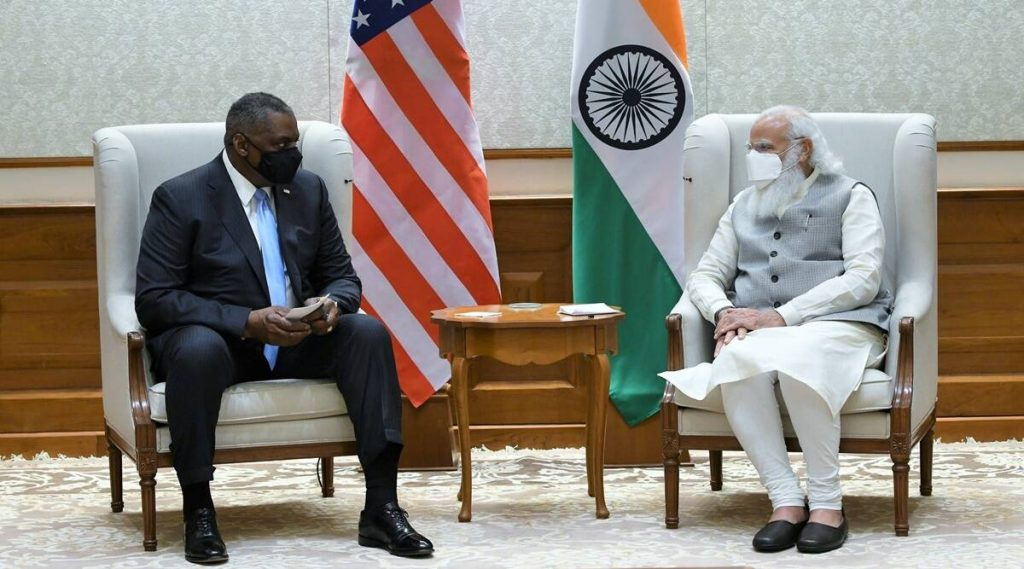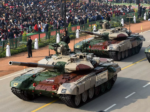Unveiling Complexities in India’s Global Relations: Debating ‘Shared Values’ versus ‘Shared Interests’ Amidst Allegations and Concerns

Source: CivicsDaily
The recent heated debate between an Indian and a prominent figure in British public life shed light on concerns surrounding India’s evolving stance and global relationships. While the Indian proposed a shift from discussing “shared values” to acknowledging “shared interests” in international affairs, the British figure raised apprehensions about India’s actions on specific global matters.
Surprisingly, the British friend’s concerns regarding the “new, hard India” didn’t focus on internal issues like religious minorities or media freedoms, but instead centered on India’s positions concerning the Russia-Ukraine conflict and allegations by Canadian Prime Minister Justin Trudeau. The Indian defended India’s bipartisan support on the Russia-Ukraine conflict but expressed astonishment at the lack of understanding about India’s resentment over Canada’s alleged patronage of Khalistani separatists.
The Indian questioned why there had been no action taken against Gurpatwant Singh Pannun, an inflammatory Khalistani lawyer linked to incitements of violence against Indian diplomats and flights. The absence of significant repercussions against Pannun despite his brazen threats raised concerns, especially as he holds dual citizenship in both Canada and the U.S. The Indian also pondered whether India had placed excessive trust in its relationship with Washington, particularly in light of recent reports suggesting U.S. involvement in warning India regarding a plot against Pannun on American soil.
The discussion highlighted the discomfort caused by America’s direct involvement in the Khalistan issue and its potential impact on India’s global relations. While the Indian emphasized the need for due process and refrained from advocating extrajudicial interventions, concerns were voiced over the lack of public acknowledgment or awareness regarding Khalistani extremism and its repercussions, such as the tragic bombing of Kanishka.
Despite government protests about Khalistani groups operating freely in parts of North America, there is a lack of public acknowledgment of the issue and its severity. The Indian stressed the need for India to vocally address the threat posed by individuals like Pannun, emphasizing that democratic nations must abide by due process, while also expressing the need for greater visibility and condemnation of such extremist elements.
The conversation underscored the complexities of international relations, urging India to assert its concerns more assertively on a global platform, especially regarding threats to its citizens.
Team Profile

- News Writer
- Harshit Tokas is a Political Science and International Affairs Post-Graduate with a passion for understanding and analyzing complex political landscapes. Skilled in research, data analysis, and policy development. Eager to contribute his knowledge and insights to drive positive change.
Latest entries
 English1 December 2023Ambati Rayudu Backs Ruturaj Gaikwad as a Future Leader of Indian Cricket
English1 December 2023Ambati Rayudu Backs Ruturaj Gaikwad as a Future Leader of Indian Cricket English1 December 2023Changing Tide: Pujara and Rahane Omitted from South Africa Tour Squad
English1 December 2023Changing Tide: Pujara and Rahane Omitted from South Africa Tour Squad Defence1 December 2023India Greenlights Procurement of Advanced Military Assets in Multi-billion Defence Upgrade
Defence1 December 2023India Greenlights Procurement of Advanced Military Assets in Multi-billion Defence Upgrade English1 December 2023Delhi Government Pushes for Completion of Asia’s Largest Wastewater Treatment Plant
English1 December 2023Delhi Government Pushes for Completion of Asia’s Largest Wastewater Treatment Plant









